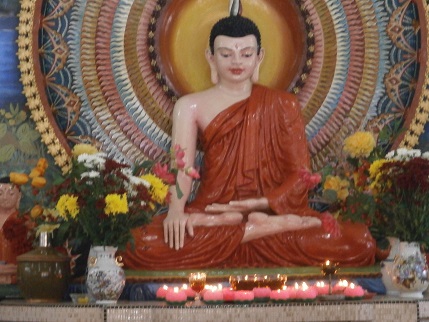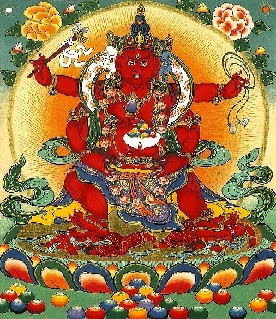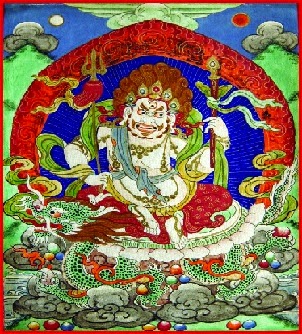The Discourse on the Great Blessings

What a blessing is was thought about by gods and men for twelve years but they did not attain true safety, the thirty eight blessings which were preached by the gods of gods make all that is bad perish. For the entire world’s benefit and welfare, we will recite that safeguard. The Safeguard Thus I have heard: at one time the Gracious One was dwelling near Savathi at Ananthapindika’s grounds in Jeta’s Wood. Then a certain god towards the end of the night, having lit up the whole of Jeta’s Wood with his surpassing beauty, approached the Gracious One and upon approaching and worshiping the Gracious One, he stood on one side. While standing on one side that god addressed the Gracious One with a verse: “Many are the gods and the men who have thought about the blessings hoping for safety, now please say what is the supreme blessing”. “Not associating with fools but associating with the wise; honouring those worthy of honour: this is the supreme blessing. Living in a suitable place, former
















